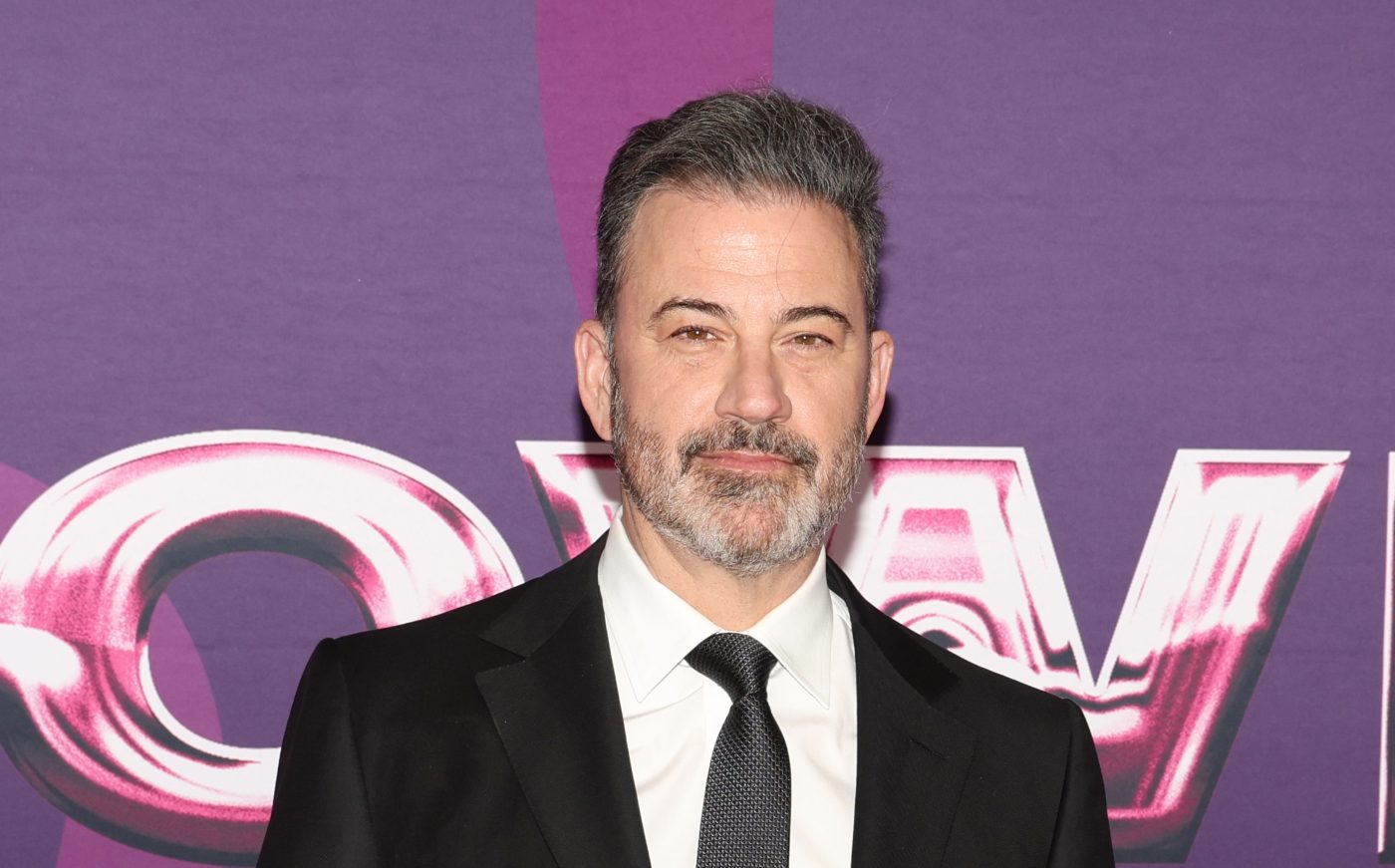UPDATE: Late night TV host Jimmy Kimmel has been suspended indefinitely by ABC following controversial remarks about President Donald Trump and the recent assassination of conservative activist Charlie Kirk. This shocking development raises urgent questions about free speech in the current political climate.
During his monologue last week, Kimmel addressed the murder of Charlie Kirk, a key figure in the Trump movement, stating, “We hit some new lows over the weekend with the MAGA gang desperately trying to characterize this kid who murdered Charlie Kirk as anything other than one of them.” Kimmel’s comments included criticism of Trump’s response to Kirk’s death, comparing the president’s demeanor to that of a child mourning a pet.
Just days after these remarks, ABC responded to mounting pressure, reportedly from the Federal Communications Commission (FCC), leading to Kimmel’s suspension. The network did not confirm whether they capitulated to public outcry, but the implications for free speech are profound. The First Amendment protects against government interference, yet the Trump administration has previously suggested that networks could face consequences for negative portrayals.
In a recent statement, Trump asserted, “When you have a network and you have evening shows and all they do is hit Trump, that’s all they do… I would think maybe their license should be taken away.” His comments reflect a growing tension between media freedom and political accountability.
Kimmel’s situation highlights a disturbing trend. Several pundits have faced termination for comments regarding Kirk’s murder, causing widespread concern among media figures and commentators. Former President Barack Obama defended Kimmel, emphasizing the importance of protecting free speech for all voices, regardless of political alignment. In a social media post, he stated, “This is precisely the kind of government coercion that the First Amendment was designed to prevent.”
The implications of Kimmel’s suspension extend beyond late-night television. As public discourse continues to polarize, the balance between free speech and political pressure remains a pressing issue. Observers are now watching closely to see how media companies respond to potential government coercion in the future.
As this story unfolds, it underscores the fragility of free expression in today’s political landscape. The fallout from Kimmel’s suspension is likely to resonate within media circles and among audiences who value open dialogue.
Stay tuned for further updates as the situation develops.
